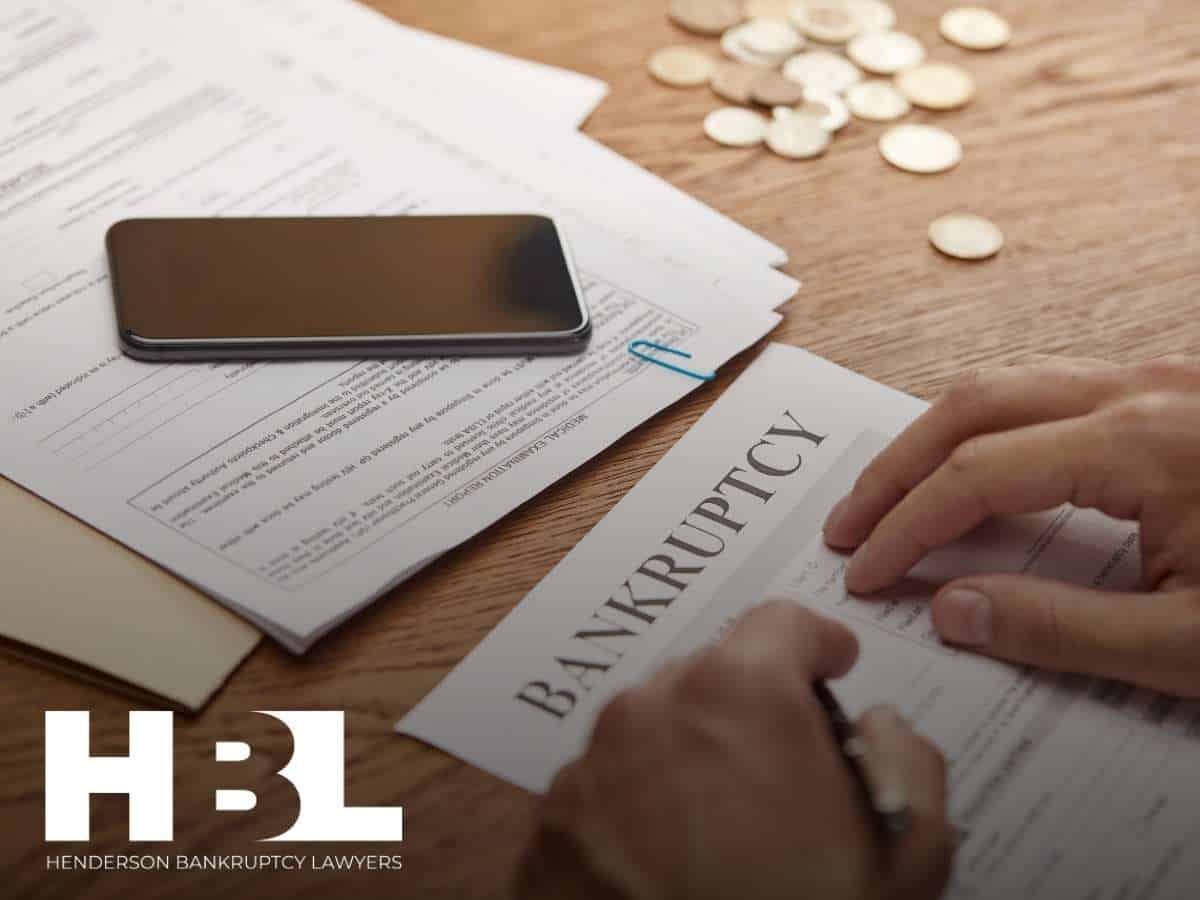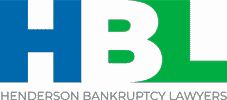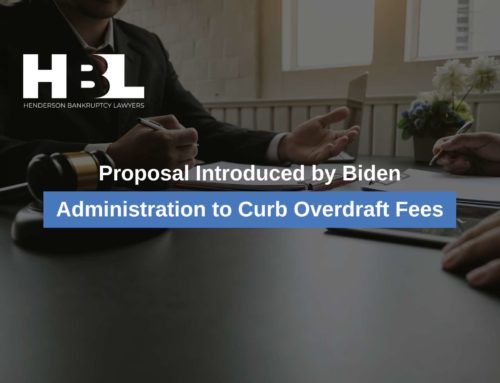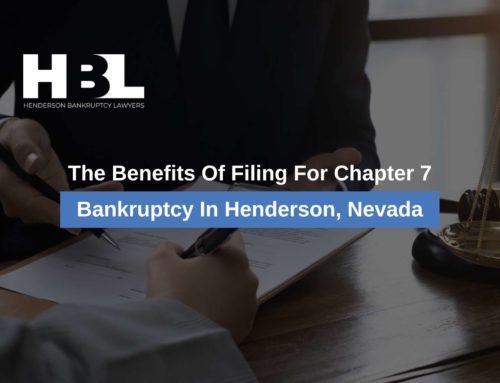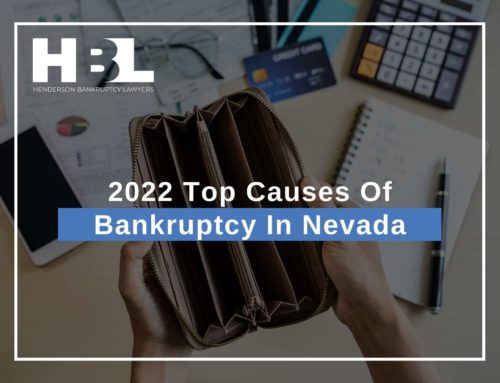Filing For Bankruptcy In Nevada: Where To Start?
There may come a time in your life where debt gets out of control, and you could greatly benefit from filing bankruptcy. Being under these circumstances is overwhelming and you may be scrambling to get everything you need together. This is especially true if you have creditors threatening foreclosure, eviction, repossession, and more. You could be under immense pressure to start the bankruptcy process as soon as possible. Whether or not you retain a bankruptcy attorney, there are certain things you’ll need to initiate the bankruptcy process. Read on to learn more about what they are and call 702-370-0155 if you’d like to schedule a free phone consultation with our Nevada bankruptcy firm.
Credit Counseling Courses
To discharge your debts through bankruptcy, you must complete two online credit counseling courses. You will be issued a course completion certificate when you finish. If you have a bankruptcy attorney, they will usually automatically be sent a copy of your certificate. The first course certificate must be filed with your bankruptcy petition. The second course certificate must be filed with the court within 60 days of your 341 Meeting of Creditors. Therefore, you need to complete your first credit counseling course before filing your bankruptcy petition. Your first course is valid for 180 days after completion. Most online bankruptcy credit counseling courses come with a nominal fee. You can find more information about the bankruptcy credit counseling courses here.
Identification Forms
Photo ID
You will need a government-issued photo identification to start the bankruptcy process. Your bankruptcy trustee will verify your identity using your driver’s license or other photo identification at your 341 Meeting of Creditors. Your attorney may also want to retain a copy of it for address and spelling information. It’s best to make sure you have a photo identification ready before your file your bankruptcy petition, as 341 Meetings of Creditors are typically held 30-45 days after filing. It can often take far longer than that to request and receive a document from a governmental agency.
Social Security Card
It’s also important that you have your social security card ready when you file bankruptcy, or at least an original W-2 that includes your social security number. Just like forms of identification, these can take weeks or even months to track down if you don’t already have them on hand. The trustee will need to see your social security card or original W-2 at the 341 Meeting of Creditors as part of the identity verification process. It’s also important to verify that you have the correct social security number listed on your bankruptcy petition, and that your name is spelled correctly on your social security card. If you retain a bankruptcy attorney, they will likely require a copy of your social security card to pull your credit report. This can then be used to compile your creditor mailing matrix.
Filing Fee
If you retain a bankruptcy attorney, you will work out the costs associated with this separately. However, every bankruptcy case- even one filed without an attorney- theoretically comes with a filing fee. The filing fees are $338 for a Chapter 7 and $313 for a Chapter 13. If you can’t pay your filing fee, you will also need to have your application for fee waiver or application to pay your filing fee in installments ready when you file your bankruptcy petition. An entire fee waiver will generally only be granted if paying the fee would cause the debtor severe financial distress, and if the debtor is filing pro se (without an attorney.) The debtor can also ask the court to pay the filing fee in installments. If granted, the fee must be paid in 4 installments within 120 days of filing. You can find the application to pay the bankruptcy filing fee in installments here.
Documents
Tax Returns
You can expect to need at least 2 years of tax returns when filing bankruptcy. Not only will you need these to complete certain parts of your petition, but the trustee may request to see them as well. The trustee can also request further back than 2 years. The only exception is if you weren’t required to file taxes for certain years.
Paystubs
You will need paystubs, profit and loss statements, or whatever method you use to measure your income for the past 6 months before filing bankruptcy. These can be crucial to determining whether you qualify for Chapter 7 and/or Chapter 13 bankruptcy. If you are married and your spouse is employed, you will need their paystubs as well- whether or not your spouse is declaring bankruptcy with you.
Bank Account Statements
Up to 75% of your wages or 50 times the federal minimum wage is exempt in a Nevada bankruptcy, which can be beneficial to states that only protect small amounts in bank accounts on the day of filing. However, you will probably still need to provide them so your bankruptcy trustee can review them for fraudulent transfers and excessive spending.
Credit Card Statements
Credit card debt is one of the major debts that can be cleared by bankruptcy, but it isn’t without limitations. In 2022, the Bankruptcy Code was adjusted to limit pre-bankruptcy luxury spending and cash advances on credit cards. The current limits are $800 in luxury spending in the 90 days before filing, and $1,100 in cash advances in the 70 days before filing.
Pension & Other Savings Account Statements
It’s unlikely that your 401(k) or other retirement savings account is at risk in a bankruptcy. However, you may have stocks, cryptocurrency, or other accounts that may not be exempt in a Nevada bankruptcy. Here, you may be able to apply Nevada’s wildcard exemption to some or all of the account.
Loan Documents
Your assets are protected in bankruptcy based on how much equity you have in them. Therefore, you will need documents that show your loan’s balance so the trustee can confirm that their accompanying assets are adequately protected.
Vehicle Registrations
Nevada’s motor vehicle exemption can only be applied to a certain number of vehicles in the family. You will need to supply the trustee will all vehicle registrations you have. If you have a vehicle that isn’t protected by the motor vehicle exemption, you may be able to shield it with Nevada’s wildcard exemption.
Divorce & Child Support Documents
If you have family law orders, they could be highly relevant to your bankruptcy case. Your court-ordered child support or spousal maintenance could help you pass the Means test to qualify for Chapter 7. The trustee may wish to confirm any amounts you have listed in your bankruptcy petition using these documents.
Nevada Bankruptcy Lawyers with Dedicated Experience and Affordable Payment Plans
These are just some of the things you will need to complete the bankruptcy process in Nevada- your trustee will have broad authority to request documents to verify the information listed in your bankruptcy petition. Clearly, Henderson Bankruptcy Lawyer can make the process smoother and quicker, which is especially useful if you need to file your case ASAP due to emergency circumstances. To schedule your free consultation with one of our experienced Nevada bankruptcy lawyers, call our office at 702-370-0155.
Henderson Bankruptcy Attorneys
1489 W. Warm Springs Rd., Ste. 110
Henderson, NV 89014
Phone: (702) 899-3328
Email: info@mylasvegaslawyers.com

